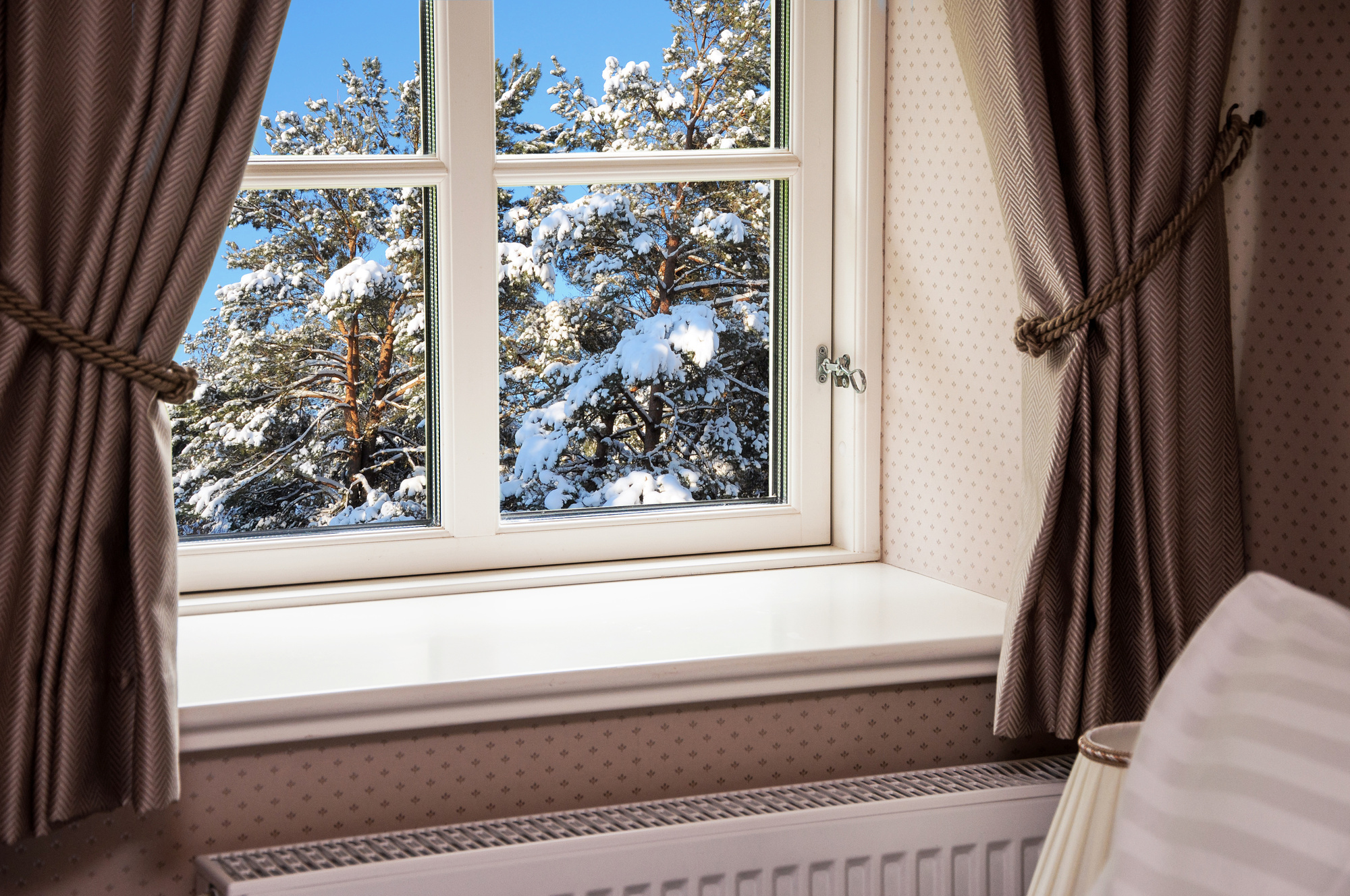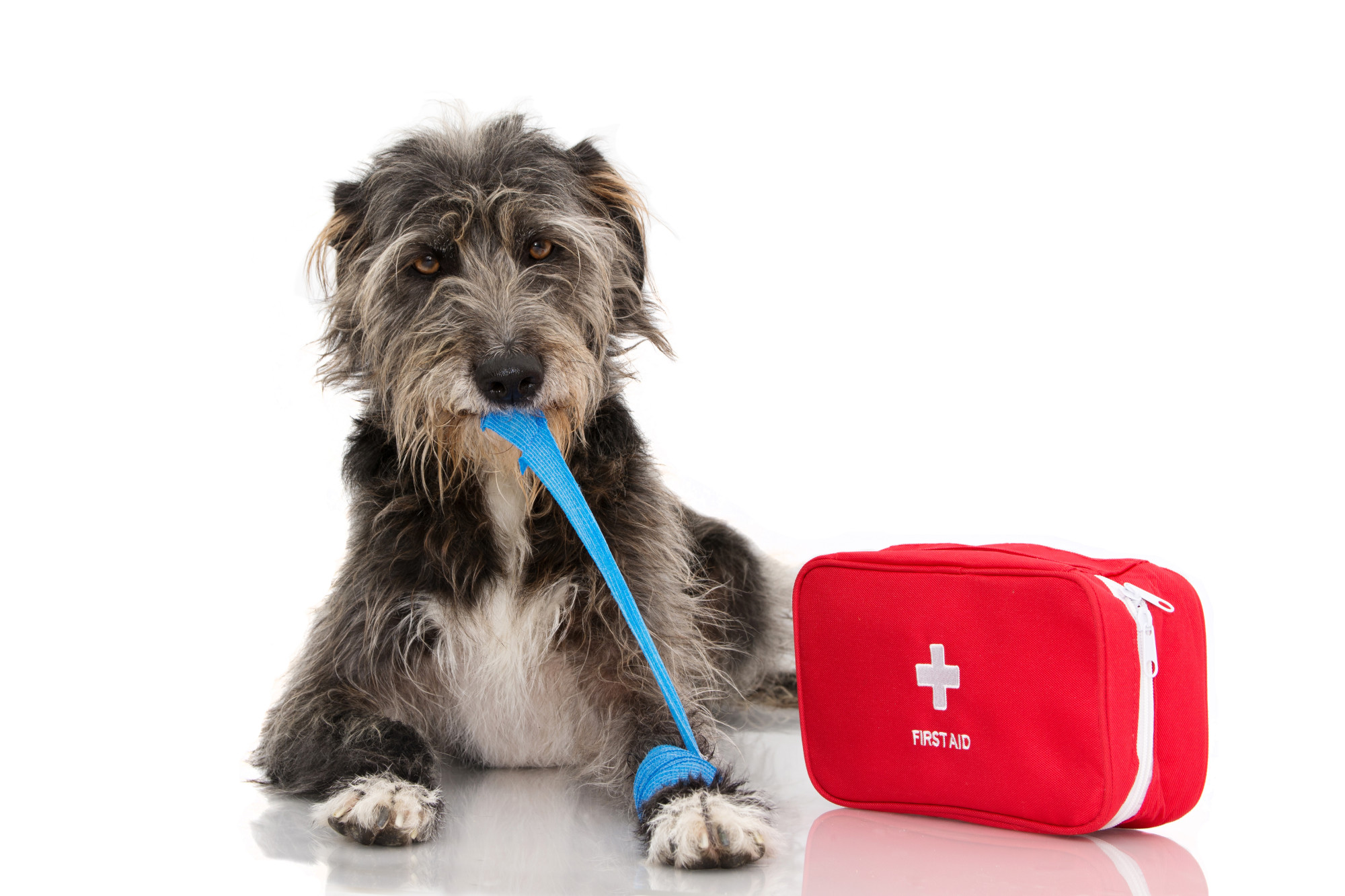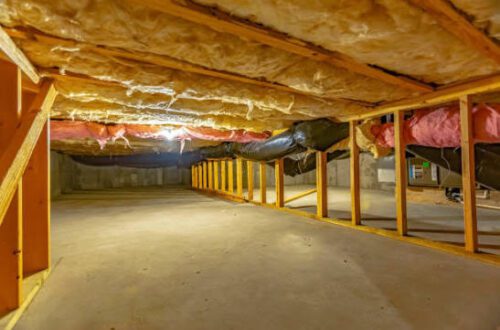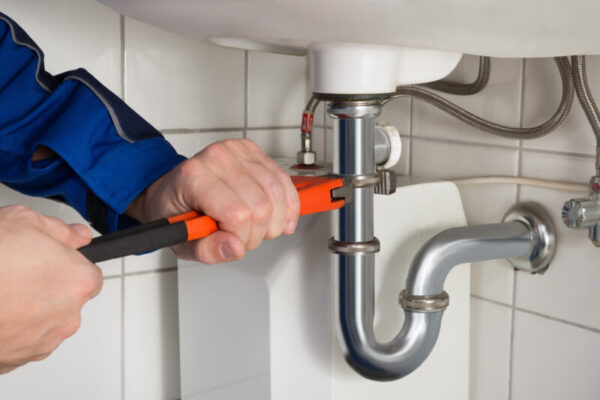There are a few ways to prevent plumbing issues, regardless of whether you are a professional plumber or a do-it-yourselfer. These tips include keeping drains clean, fixing leaky pipes, and avoiding clogged drains.
Slow Drains
Getting a slow drain in plumbing can be a big problem. It can lead to sewage backups and significant plumbing service fees. However, there are ways to avoid this issue.
One of the simplest ways to avoid slow drains in plumbing is to clean your gutter regularly. This will help to prevent major plumbing problems. In addition, there are several substances that you can pour down your drain to break up a clog.
However, you should avoid using harsh chemicals in your drains. These chemicals can break down old pipes and cause damage. Instead, use baking soda or vinegar. These are safe to use on a clog. If you are worried about a clog, call a plumber to fix the problem. There are plumbers in Chicago who can help you get through these issues.
Leaky Pipes
Leaky pipes in your home can cause a lot of damage, from water damage to mildew. It can also cost a lot of money. However, there are ways you can prevent a leak from occurring.
The best way to stop a leak is to trace the source of the water. This is particularly important in condo buildings or apartment buildings. The main water valve is usually on the perimeter of the home. Once you know where the leak is, you can turn off the water.
Another option is to apply an epoxy putty to the leaking area. This is a temporary fix, but it can work. You can find this at most hardware stores. The pipe putty should be applied according to the manufacturer’s directions. After it dries, you can check to see if the leak has stopped. You should contact a Plumber in Cookeville or other areas, as well, to make sure a professional can check the work and ensure it’s done properly.
Low Water Pressure
Having low water pressure is frustrating. Fortunately, there are several ways to tackle this problem. One of the best ways to avoid it is to keep your pipes free of buildup and corrosion. The same applies to your fixtures. Having a clogged water heater can also be a cause of low water pressure. Fortunately, a clog can be easily removed.
In addition to a clogged water heater, there are other ways to lower your water pressure. One of these ways involves installing a pressure-reducing valve. This device can be adjusted by a plumber.
Another method of reducing water pressure is limiting the number of plumbing fixtures in your home. Some homeowners have found that this is the best way to lower the water pressure without replacing or upgrading their plumbing system.
Clogged Drains
Keeping your drains clear is the best way to keep them flowing smoothly. First, however, you must know what to avoid to prevent clogged drains. Some common causes include hair, soap scum, and tree roots. Regular maintenance is key, but when faced with blockages, it is best to rely on Drain Clearance services from Express Drainage Solutions, or a company of a similar caliber in your area for an effective fix. Professional expertise ensures a thorough inspection and clearance, tackling even the toughest blockages. Luckily, several simple tips can complement these services and keep your drains clean.
While clogged drains can be expensive to repair, preventive maintenance is very affordable. The first tip to prevent clogs is to avoid putting grease, food debris, and other non-food items down the drain. The water in these items expands, and they can clog the drain.
The next tip to avoid clogged drains is to install a drain strainer. These mesh screens can help prevent clogs from occurring. In addition, they fit on most sinks and showers.
Cooking Grease
Using less cooking oil and grease is one of the best ways to avoid plumbing problems. This is because grease can clog drains, causing significant back-ups and a mess for you and your neighbors. Fats and oils are also bad for your pipes. They coat pipes, creating an ideal environment for clogs.
Grease and fats also cause significant problems for your septic system. This is because they can break down into fatty acids and glycerol, which will clog your pipes. Again, this can cause significant problems for you, your neighbors, and the environment.
A grease trap is a great way to keep grease from clogging your pipes. This device captures grease, oils, and other greasy substances before they enter your sewer system.
Toilets With Non-Dissolvable Wipes
Despite their popularity, toilets with non-dissolvable wipes aren’t safe for the environment or your plumbing. This means they can clog up your drains and sewer lines, causing a severe hazard.
Toilets with non-dissolvable wipes should never be flushed. The material can get caught in the pipes and cause a clog, resulting in costly repairs. If you suspect you have toilet blockages or have been flushing things down the toilet that maybe aren’t totally dissolvable, it would be worth consulting a toilet sucking expert.
Flushed wipes are also not safe for septic systems. They may cause significant clogs that cause backups in your drains. Sewage treatment plants and water treatment facilities may also experience issues. These facilities have the potential to seriously harm the sewer system and result in widespread water shortages.






